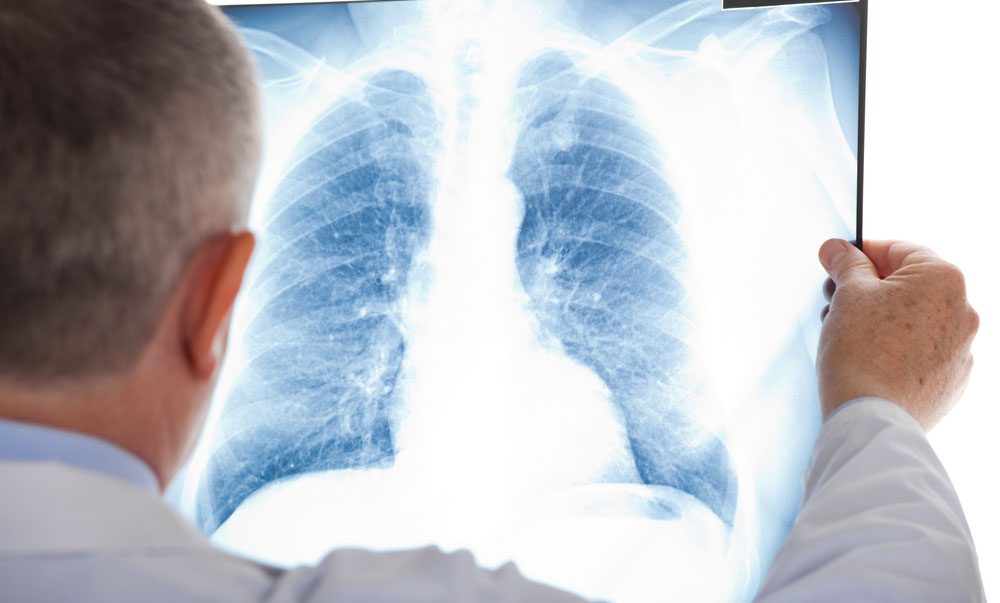
The word “Cancer” generates lots of anxiety because most people do not know that early detection cures and that cancer is preventable and there are ways to prevent it. There are many unanswered questions, fears and myths in the minds of the people and here we are… to help each and every one of you!
The incidence of cancer is steadily increasing. Over the past two decades the incidence of common cancers has nearly doubled. The most common cancers are tobacco-related, cervix and breast cancers. Fortunately, these are the cancers, more amenable to prevention and control through early detection.
Cancer Institute (WIA) is the pioneer in cancer control initiatives, which started as early as 1961. Cancer control by early detection and cancer screening services for apparently healthy people has been part of the services rendered by the institute, since its inception.
In order to make this specialized services easily and widely available to general public, the department of Preventive Oncology is currently functioning in the Gandhi Nagar campus, Adyar, Chennai, away from the crowded cancer outpatient departments. This facilitates easy accessibility and reduces the waiting time for consultation and related services.
Early detection is the key to cure breast cancer.

Maintain a healthy weight, follow a low-fat diet, get regular physical activity
This is a general recommendation. Women at increased risk such as positive family history require close monitoring. Any palpable lump in the breast requires immediate medical attention.
Please feel welcome to contact our friendly reception staff with any general or medical enquiry call us.
Cervical cancer is a preventable cancer. A virus called Human Papilloma causes this cancer.
All sexually active women should undergo screening tests like pap smear or HPV testing or both. It is necessary to repeat the tests periodically once a year or once in two years based on medical advice.
Any abnormalities detected in these tests should be treated immediately to prevent cervix cancer.
Women above 50 years of age and post-menopausal women should have a baseline pap smear if they are not previously screened. Tests may be repeated if necessary. Annual Gynec/pelvic examination is strongly recommended.
[read more] HPV Vaccines:Vaccines are available to prevent cervical cancer. These are recommended for children 11 to 13 years of age for maximum benefit, though girls of any age before the onset of sexual activity can receive the vaccines.
Vaccines do not offer 100% protection against cervical cancer. Therefore it is mandatory to undergo screening tests as recommended after the onset of sexual activity. [/read]
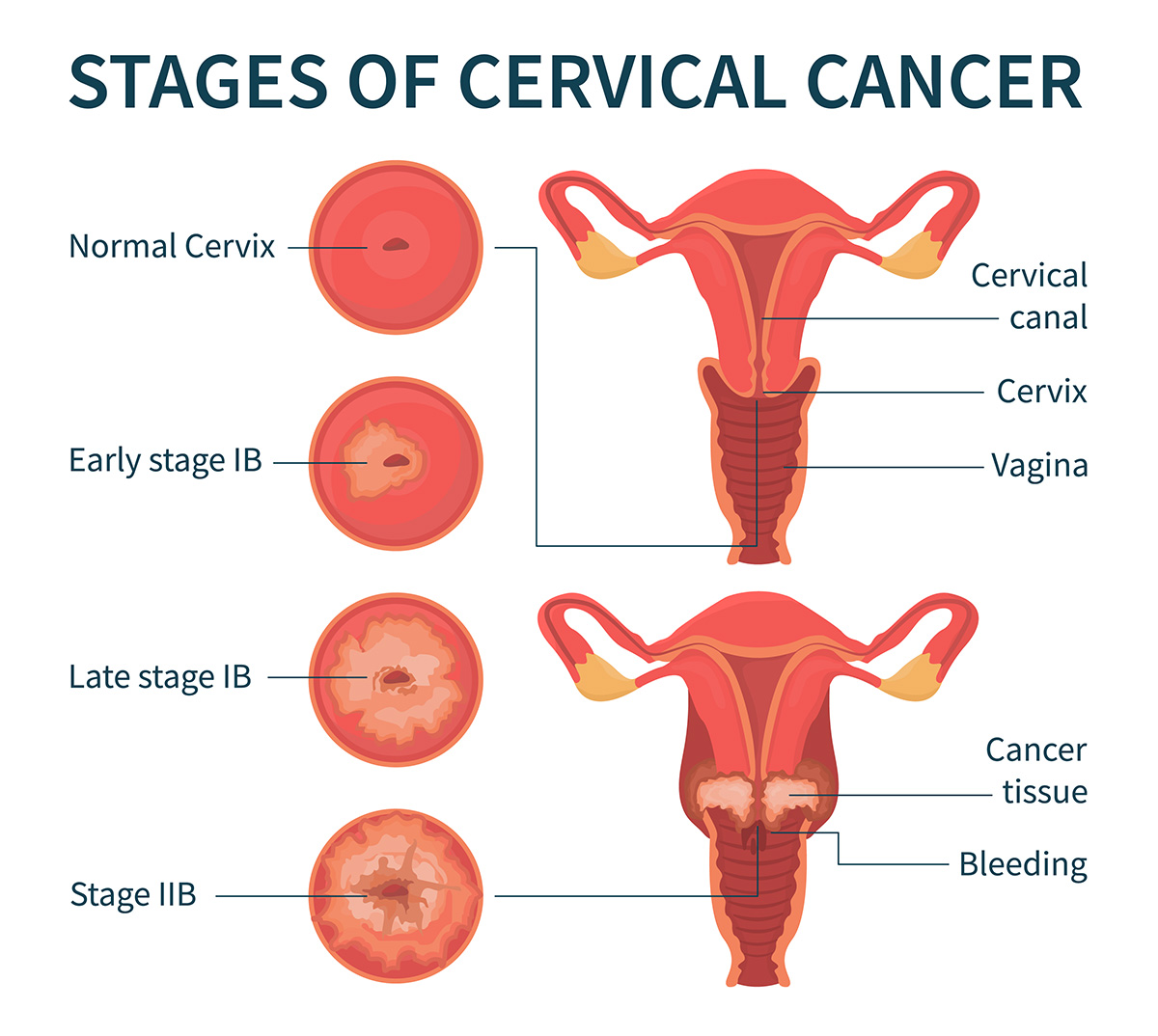

The cancer control activities by the Cancer Institute (WIA), Chennai, dates back to 1961-62 when a survey of 10,775 patients attending the primary health centres in Chengalpattu district for any ailment was carried out analogous to opportunistic screening for cancer. Due to financial limitations, we could not undertake any major control programmes for the next 20 years, except limited ‘opportunistic screening’ in the corporation hospitals in Madras City.
This was followed by
District Cancer Screening Project – Chennai, Kanchipuram, Thiruvallore (2008-ongoing).
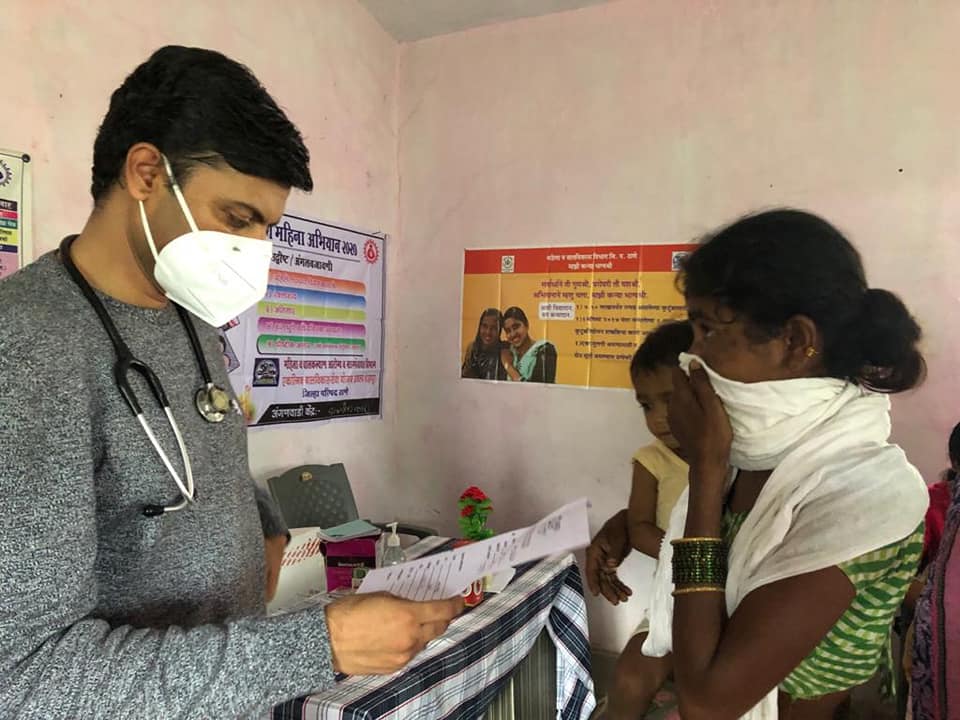
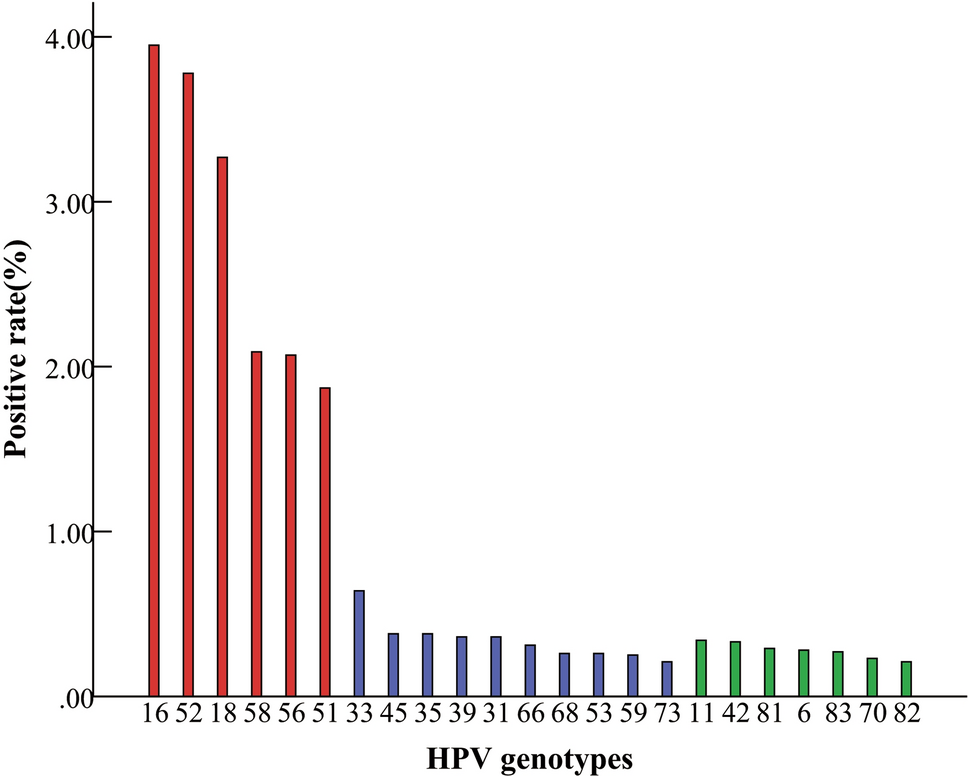
HPV prevalence Study (2009-2013)
POPULATION PREVALENCE OF HIGH RISK HUMAN PAPILLOMA VIRUS (HPV) INFECTION IN SEMI-URBAN AND RURAL AREAS ADJOINING CHENNAI, INDIA FOLLOWED BY ONE YEAR PERSISRENCE STUDY
Today, HPV infection is considered to be the major factor in cervical carcinogenesis. Since there was no documented data on prevalence of HPV in the community, we conducted a study to ascertain the prevalence of HPV infection in Tambaram and ChengelpetTaluks of Kanchipuram District, Tamilnadu, between 19.02.2009 and 31.12.2009.1525 cervical samples were collected and the overall prevalence rate of HPV is found to be 12.7%, the most common type being HPV 16(27%).
[read more]A follow up study to find the persistence of virus at one year interval was just completed and this will provide first such data in Indian population.137 samples have been collected (71% compliance for follow-up) out of which 38 (29.1%) are persistently positive for HPV infection. Genotyping of the positive samples showed type 16 to be the most common type.
Feasibility Study on USG Breasts as an aid in mass screening (2011)
A portable USG equipment has been purchased and a pilot program was completed at Pallikaranai screening clinic . All women between 30 and 65 years of age, attending the clinic are offered CBE (by MO) and USG breasts(by trained Radiologist) and findings recorded. A total number of 823 women were offered USG in the field clinic. Among them 650(77%) women were found to have normal/ benign breast changes and 183(22%) are found to have benign lumps. 7 cases were referred for further evaluation and were kept under follow up.
Satellite Screening Centers
The primary objectives are:
[/read]

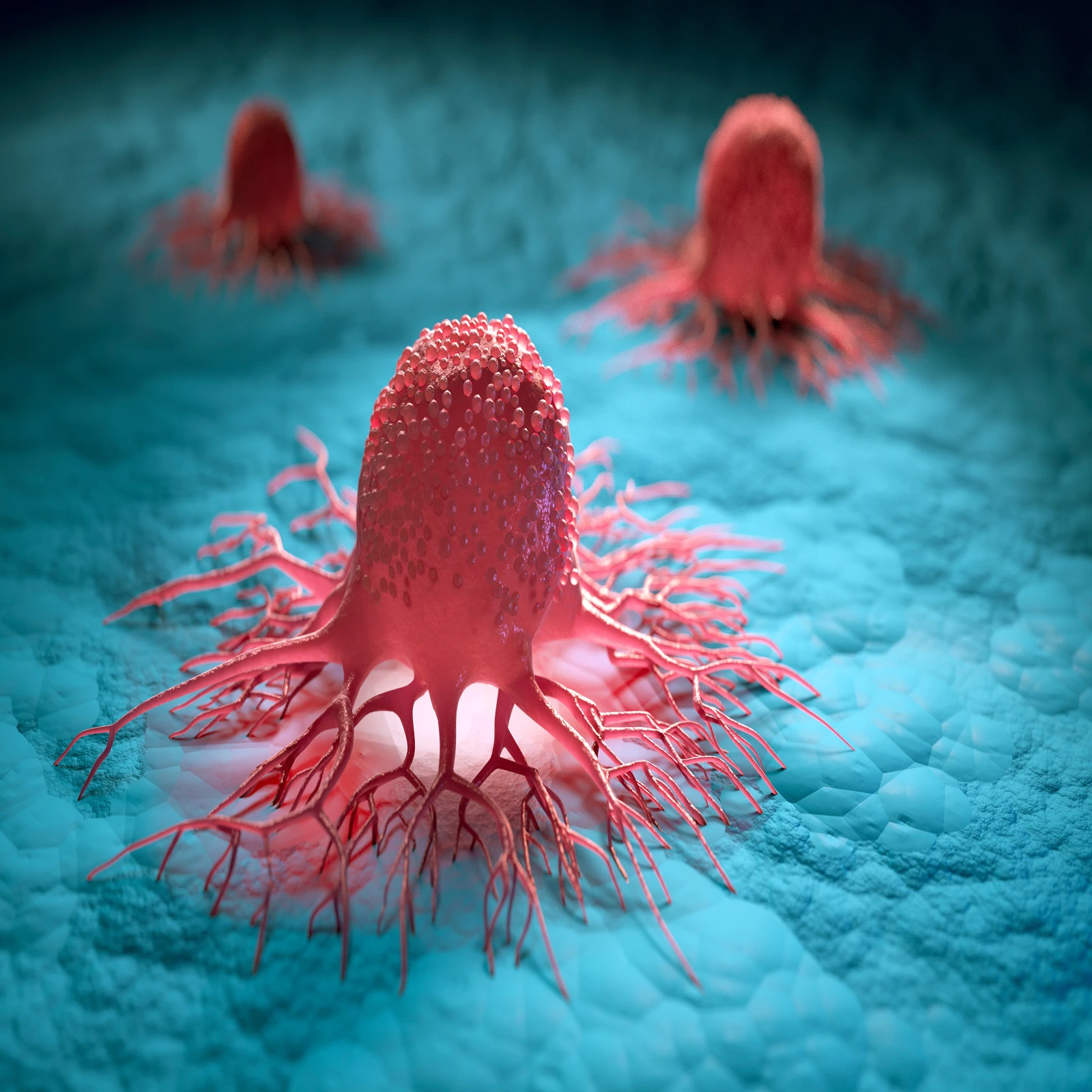
| NAME | EDUCATIONAL QUALIFICATION | DESIGNATION |
| G. Delmina Anitha | B.Sc | Social investigator |
| S. Karthika | M.Sc | Medical Social Worker |
| J. Cherryl Catherine Sharmila | MSW | Medical Social Worker |
| P. Vinotha | +2, HDCA | Data Entry Operator |
| C. Amsa | ANM | MPHW |
| V. Priyadharshini | ANM |
Accelerated Progress towards Cancer Control and Prevention
Preventive Oncology (Research Division) was started recently in the year 2012 with a goal of Research initiatives towards Cancer Prevention and Control.
The research set up is geared for Molecular approaches that can be effectively used for diagnostics and research purposes. The main focus of the division is translation of the scientific information towards reducing the cancer burden in the community. The department raises awareness and concern about cancer and believes and affirms its prevention and cure by early detection using molecular approaches. The scientific projects are aimed at identifying molecular markers that can aid in early detection, diagnosis of different cancers and help in cancer prevention. The department division focuses on multidisciplinary high quality molecular and clinico-epidemiological cancer research to determine the social, environmental and genetic factors underlying the high prevalence of certain important cancers like cervical, breast, oral and lung. The research initiatives are towards development of cost effective diagnosis and detection systems for their implementation in the hospital and community settings. The division is currently focusing on the clinical services pertaining to Human Papilloma virus diagnostics from the samples collected from the community and study of genetic susceptibility to Oral cancers with and without association to tobacco usage.
Please feel free to contact our friendly staff with any medical enquiry.